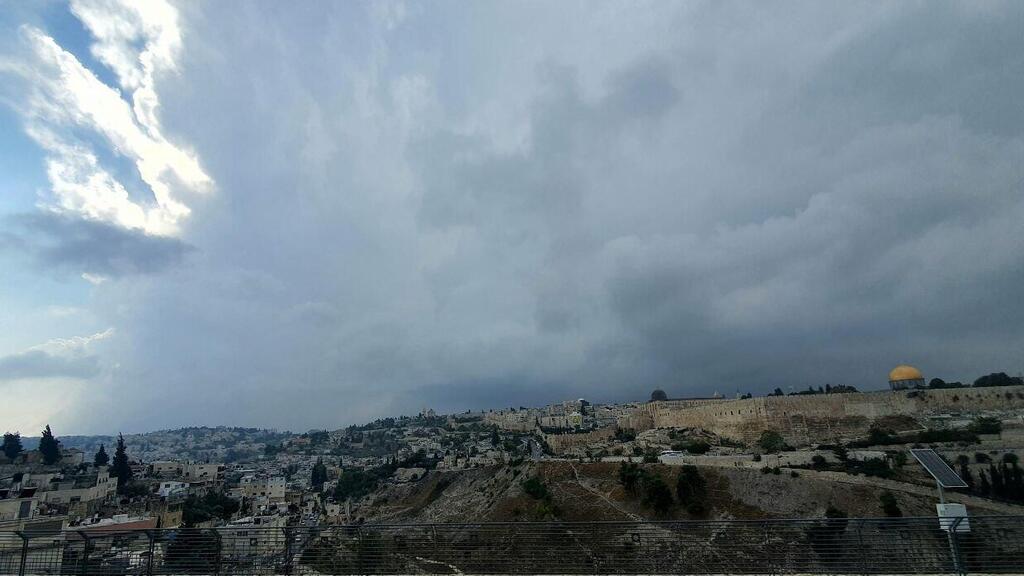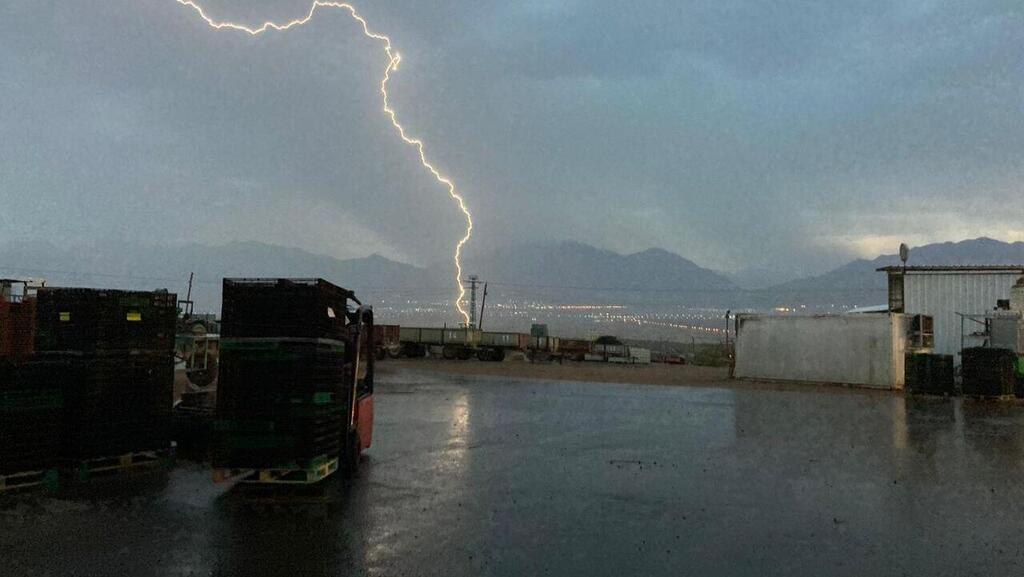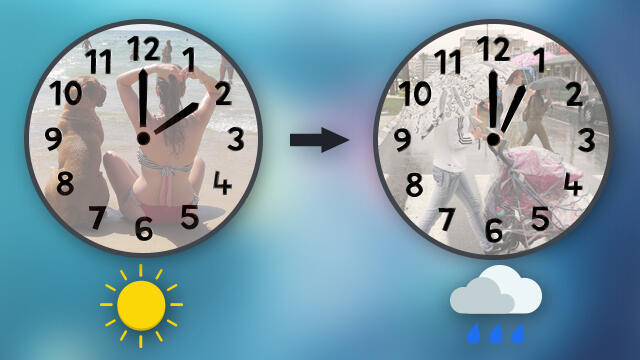Israel on Sunday was bracing for its first serious fall bout of rain with thunder storms expected overnight and flood warnings issued for southern and coastal areas.
Thus far, Jerusalem saw the most rainfall with 21 cm. (8 inch) while in the rest of the country, anticipation grows.
After the initial burst, a break in the rain is expected on Tuesday, but on Wednesday, more rain and a drop in temperatures is forecast.
The fall whether will coincide with the end of daylight savings time which the Interior Ministry said will be switch in the late hours of Saturday night.
At 2 am the clock will reverse to 1 am – giving Israelis an extra hour of sleep before they begin their new week on Sunday.
In 2013, the Knesset passed a law extending Daylight Saving Time, which according to the Energy Ministry has saved the country's energy consumption market over NIS 200 million (roughly $56.57 million) since it went into effect.
"After 210 days of summertime this year, and a contribution of an extra hour of daylight to Israel's economy and commerce, we begin our winter clock," Director General of the ministry, Yair Hirsh said. "This will be in place until next spring, he said.




